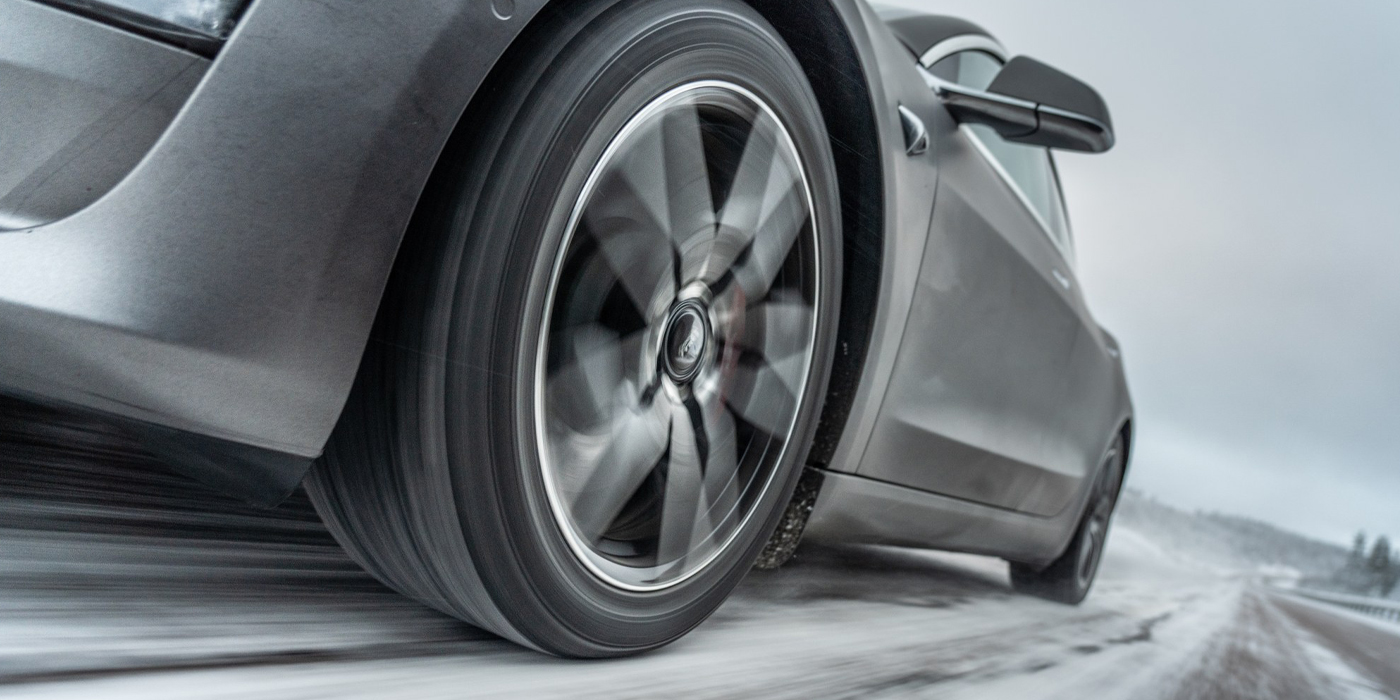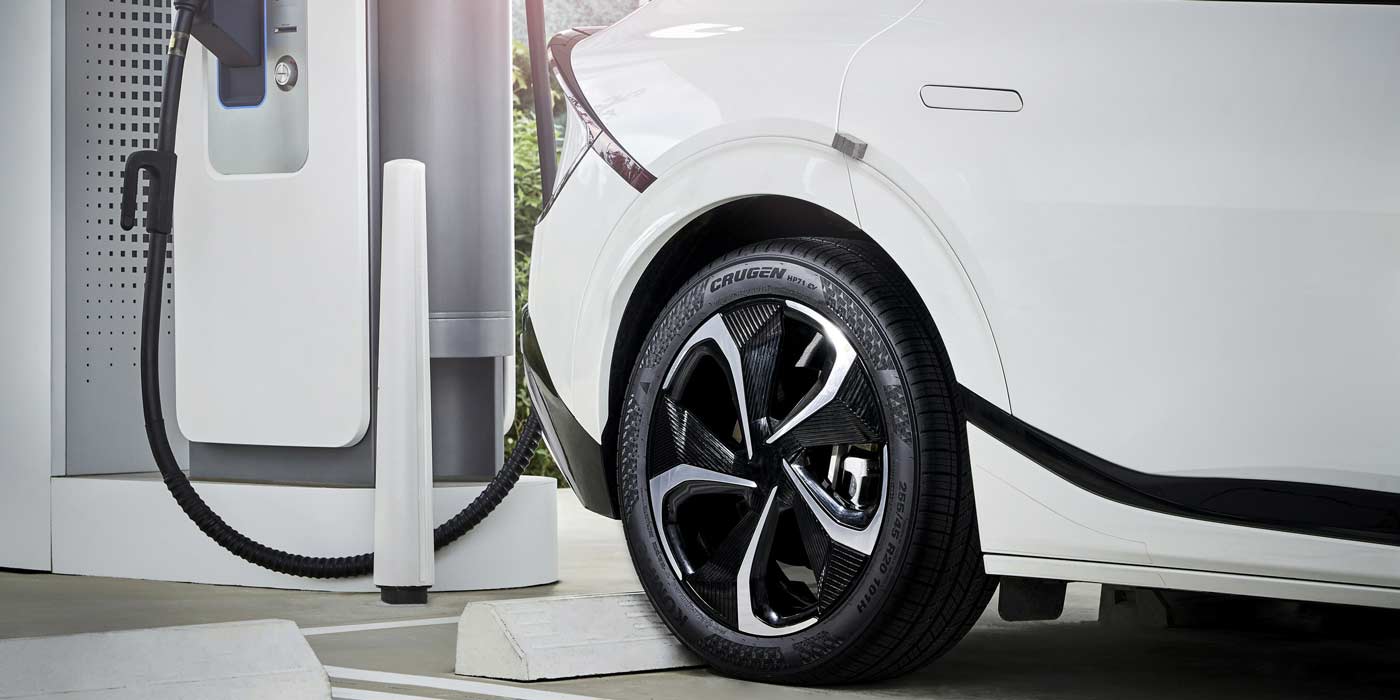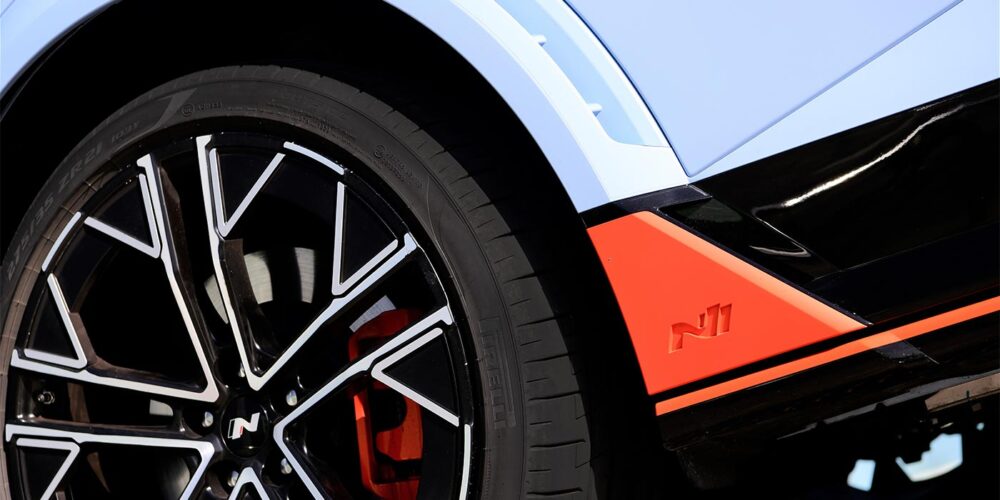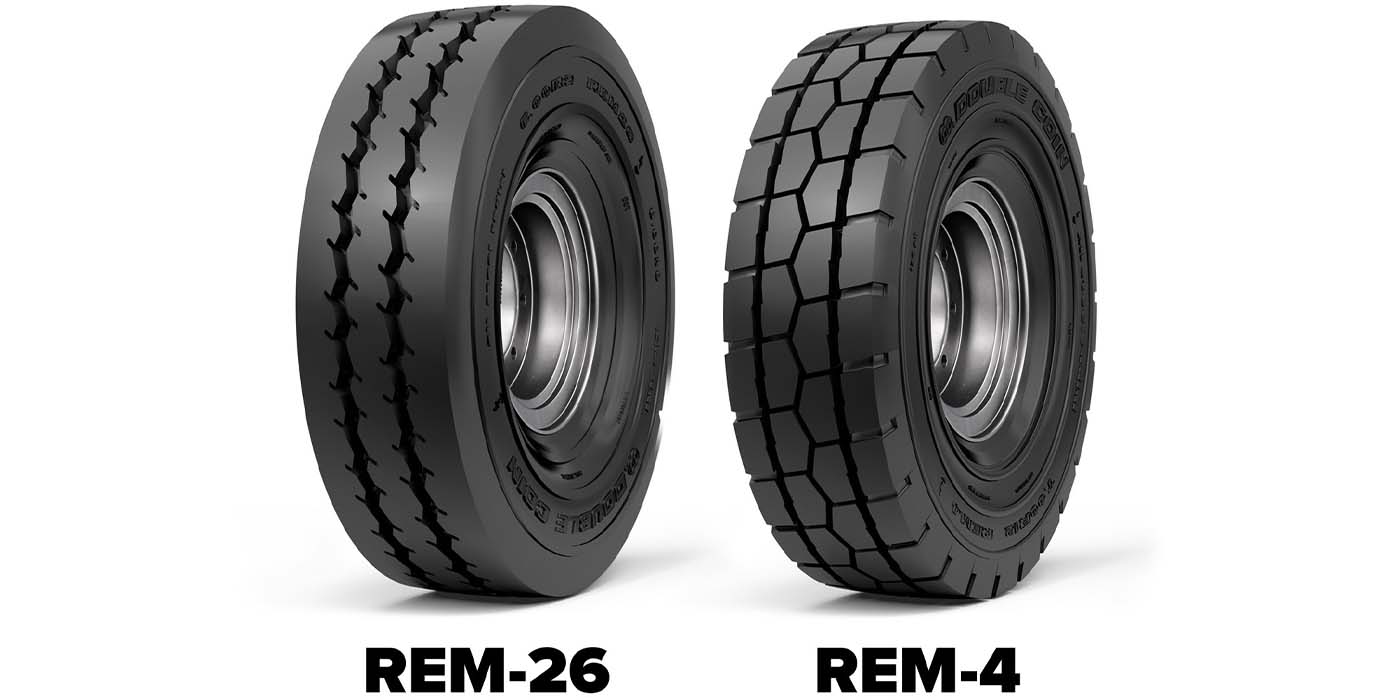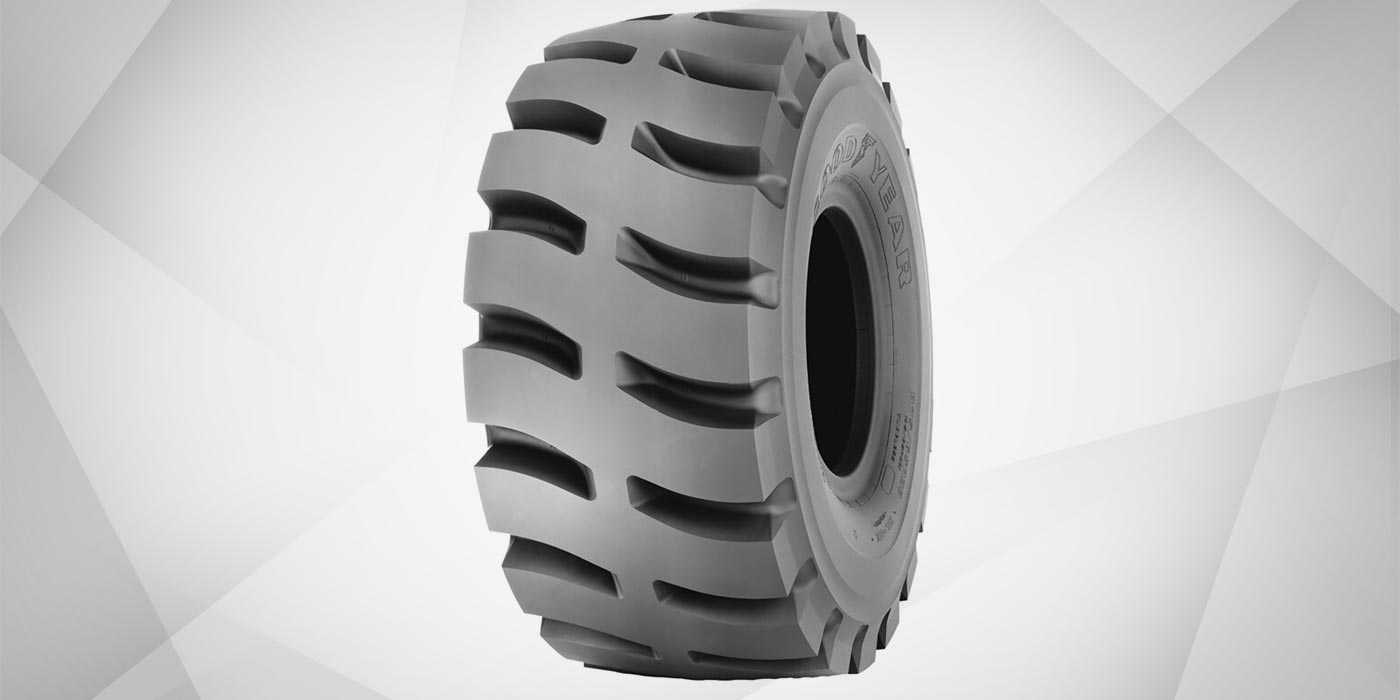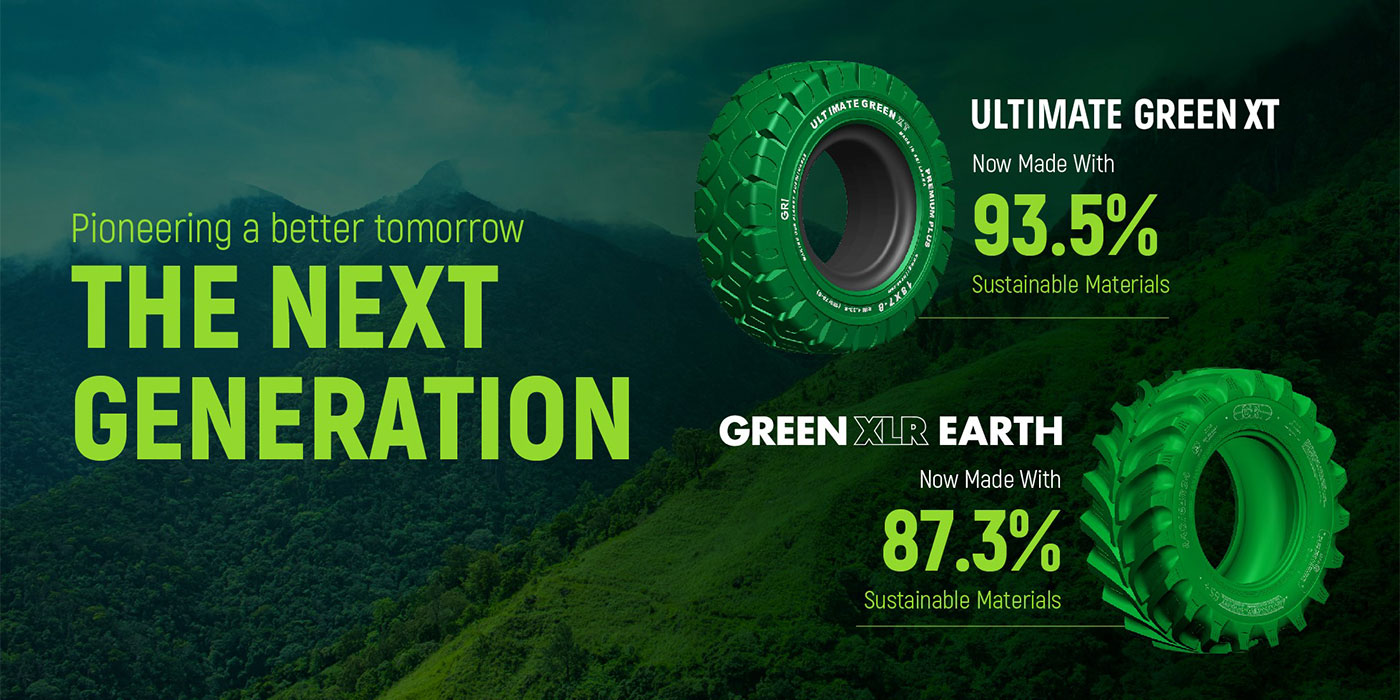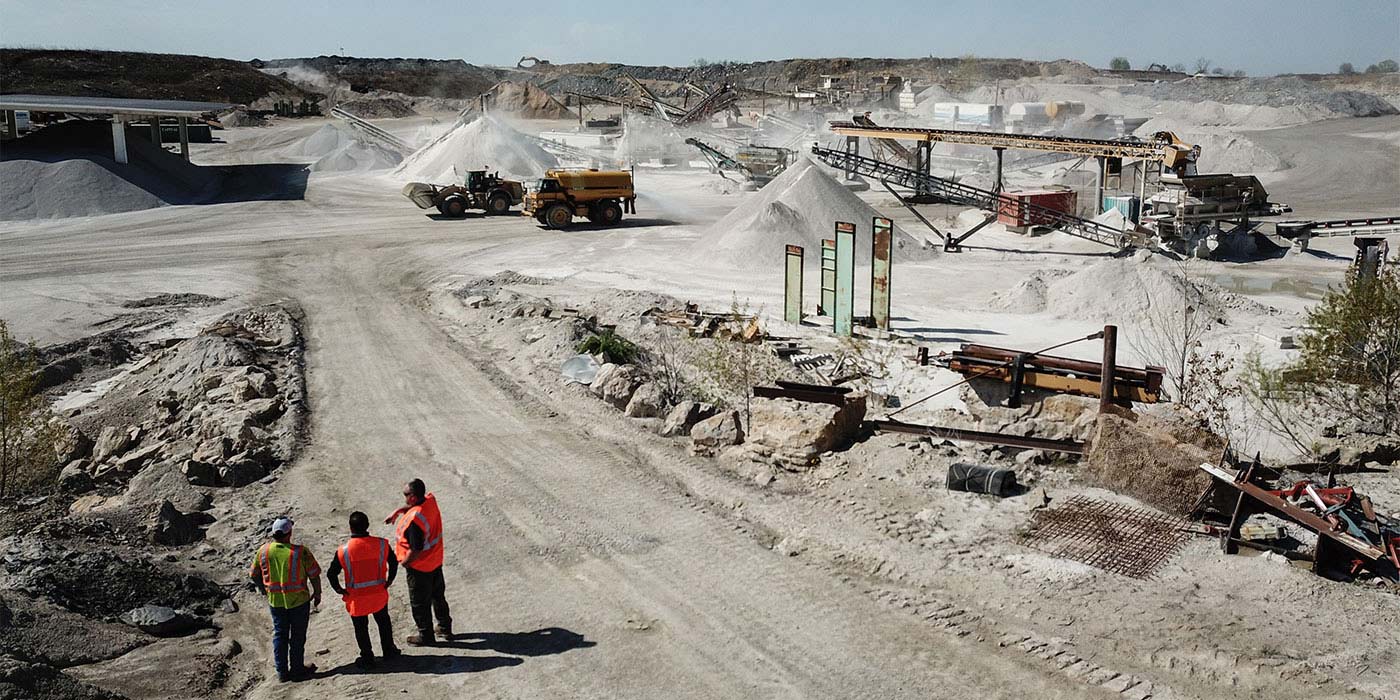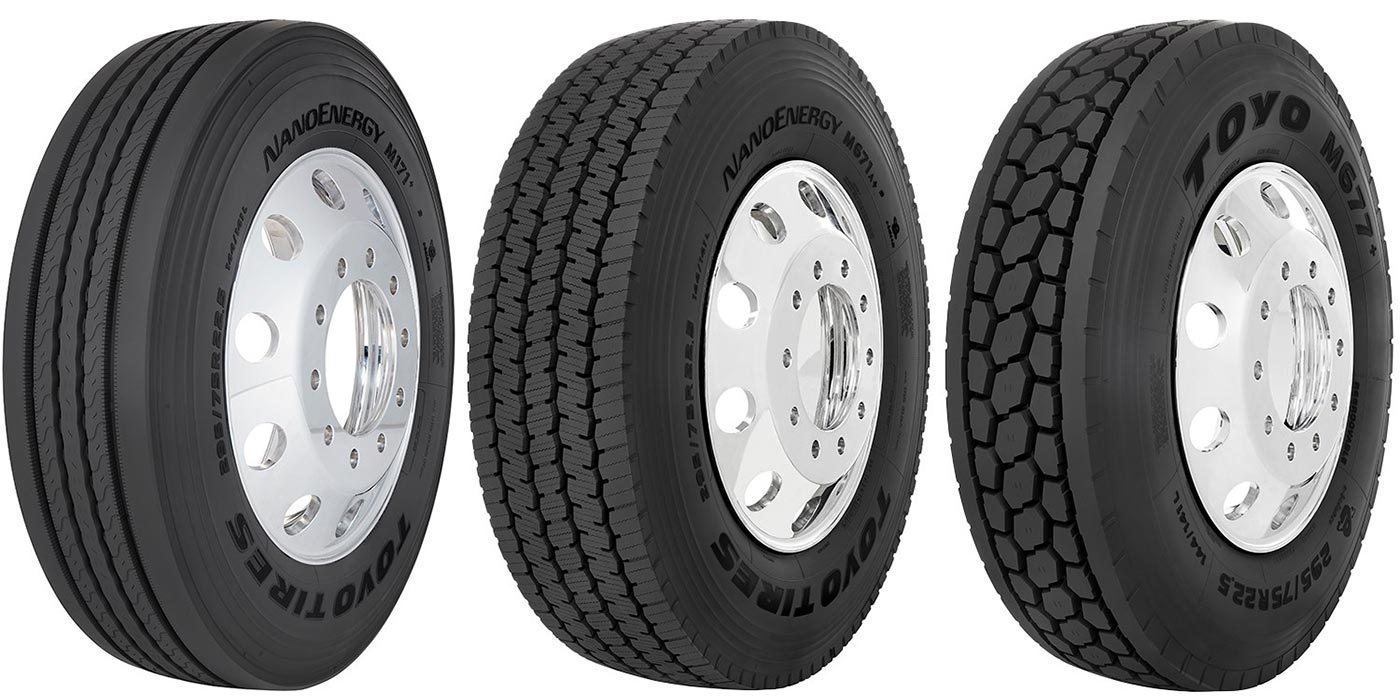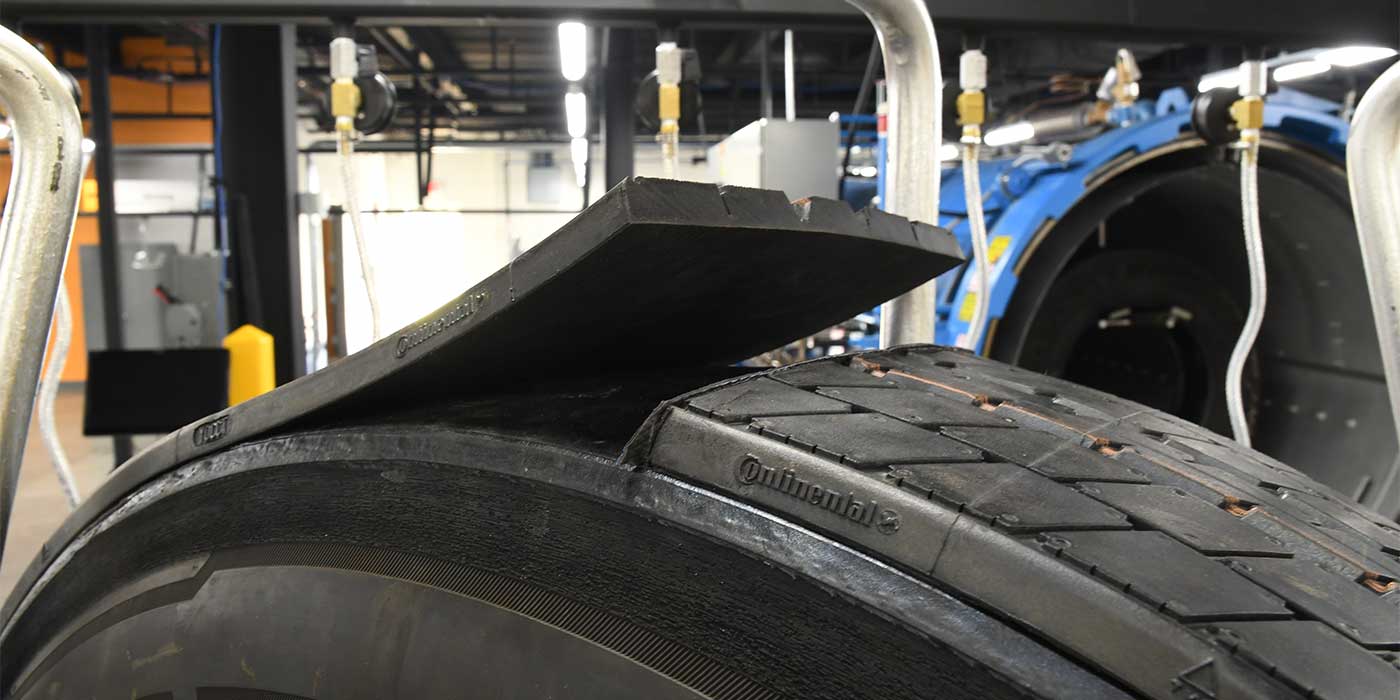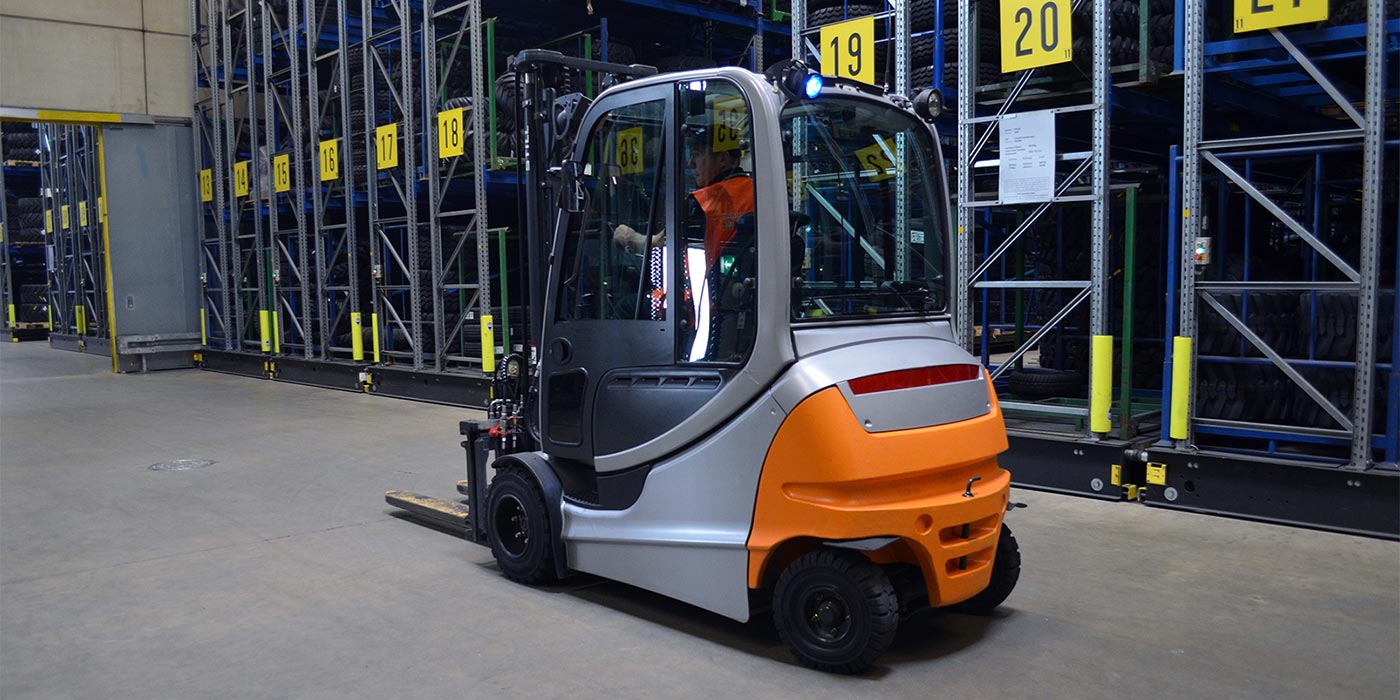The Road Back
Quality Questions Exist Even As Industrial Market Begins Comeback
With manufacturing and construction sectors starting to make a comeback after recession-induced downturns over the last 18 months, the near-term future for industrial tire sales – and related specialty tire sales ®“ appears to be brightening.
Not only have near-term economic forecasts been better, the tire industry in general is looking for shipments to start picking up in the second half of this year. Manufacturing has apparently rationalized the heavy inventories that plagued the sector in 2001. Government funding issues have slowed road construction, and commercial construction softened due to the economy.
But housing construction actually remained fairly steady throughout the recession period, keeping equipment operating and affiliated fields like lumber mills and home centers – large users of industrial tires ®“ quite busy.
While industrial and specialty tire marketers see market conditions improving – even reaching the robust levels of two years ago ®“ there appears to be some disagreement as to which direction the market may be heading. The tight market of the last 18 months gave rise to low-priced solid industrial tires from Asia, predominantly China. Some say the market is returning to "high quality" solids, while others wonder if that is the case.
Customers seem to be turning "more attention" to quality industrial and specialty tires vs. lower cost options, according to Tom Beasley, aftermarket sales manager for Greenball Corp. And Beasley expects that trend to continue, particularly in high-end specialty products like trailer and skid steer tires.
Meanwhile, Bryan Austin, director of sales and marketing for Duro Tire & Wheel Corp., says his firm is seeing a "shift from high quality tires to price-driven products, particularly in the industrial segment. "To compete in this arena, tires have to be redesigned and re-engineered with cheaper components, which means a lower quality product."
DiPrima Tire, a large industrial tire distributor based in Rossville, Ga., sees a lot of the same trend. "There are really two segments in solid tires – high quality and low price," said Joe DiPrima, president. "The low price stuff comes mainly from the Far East and there is no real factory support for the products. The high quality tires deliver longer life and better cost value."
DiPrima says many of his traditionally quality-oriented customers have stayed the course, and continue to buy longer wearing, more durable industrial tires. But he is seeing growth on the other side, as well.
On the Rebound
DiPrima, who handles tires for American Kenda, Titan, STA, Cheng Shin and England’s Watts Tire, says the industrial market – especially for solids ®“ is coming back. "There was a little lag earlier this year in that segment coming off last year," he said. "Manufacturing got a little upside down as they tried to burn off inventories. Their orders for tires dropped off earlier this year, but it has come back strong lately.
"Over the last 24 months, we were doing everything we could," he said. "In 2000 we couldn’t get enough tires. In 2001 we were down 20% in sales vs. 2000. So far, even with the slow start, 2002 looks like we’ll be close to 2000. The future is pretty bright. There are more players chasing business right now, but there are very few real high quality players. A few companies came in and tried to buy business with low prices, but they discovered that they couldn’t operate at those low prices."
Non-marking solids have become more and more popular, especially with food processors and papers mills, DiPrima says, where operators need clean plants. "And we’re seeing some new bead structures and tread compounds that have really improved the tires," he said.
"1999 was a boom time for the tire industry," added Duro’s Austin. "But 2000 slowed down about 35%, and 2001 was down almost 60%. So far, 2002 is holding its own and we don’t see it beginning to take off until the third quarter or fourth quarter, when we could reach 1999 levels."
It’s very much a "buyer beware" market right now, says Austin. The biggest factor hurting the "quality" producers has been "the introduction of cheap, low-priced Chinese tire products, subsidized by the Chinese government," he said. "For example, if it costs $10 to produce a tire in China, the tire manufacturer can sell it based on a $7 cost because the Chinese government will subsidize the remaining $3-plus back to the tiremaker. All this is doing is driving margins down for everyone else."
Duro’s Austin says solids make up about 10% of the industrial tire market, primarily because many applications – smooth warehouse floors, for example ®“ are not based on ride quality. But filled tires are becoming more prevalent. "We’re seeing a lot more foam-filled and gel-filled applications vs. solids."
Opportunities Ahead
So, what can dealers do to bolster their industrial and specialty tire business right now? And what can they do to grow their share of the market? As with many other tire segments, an aggressive effort in your market is the best pathway to profits, say industry experts.
"Dealers need to look at their entire customer base and at almost every customer – passenger, light truck, medium truck customers ®“ because almost all of them have industrial tire needs," said DiPrima. "Dealers just don’t look deep enough. The guy buying passenger tires from you might work for a company that needs industrial tires. The business is going to the aggressive industrial tire dealers and the forklift dealers who sell replacement tires.
"Just look around and ask what you can do," he advised. "There are a lot of opportunities out there is you look."
"I don’t think you can just boost your industrial and specialty tire sales, said Greenball’s Beasley. "You really have to be a player in this market first. You have to have the products the customer needs when they need them."
In order to do that, "you have to have a viable supplier, a full-line supplier," he said. "Let all your current and prospective customers know that you have the products available. And you have to seek out opportunities wherever they may be, like local golf courses, warehouses, horse and cattle farms, ATV dealers."
Quality is still a major strong point, says Austin, because your business reputation is on the line. "You have to sell tires on based on quality. And that means making sure that the tires you are selling are coming from ISO-9000 registered and qualified manufacturers."
Like every tire market, the industrial portion will continue to have a quality vs. price battle, and you won’t win the quality argument with every customer. Many, say our experts, understand the cost/value relationship and are willing to invest in tires rather than just buy them.
Still price buyers will always be there, some driven by economic reality and others out of tire value ignorance. Profitable industrial and specialty tire dealers are the ones that can separate the wheat from the chaff.

